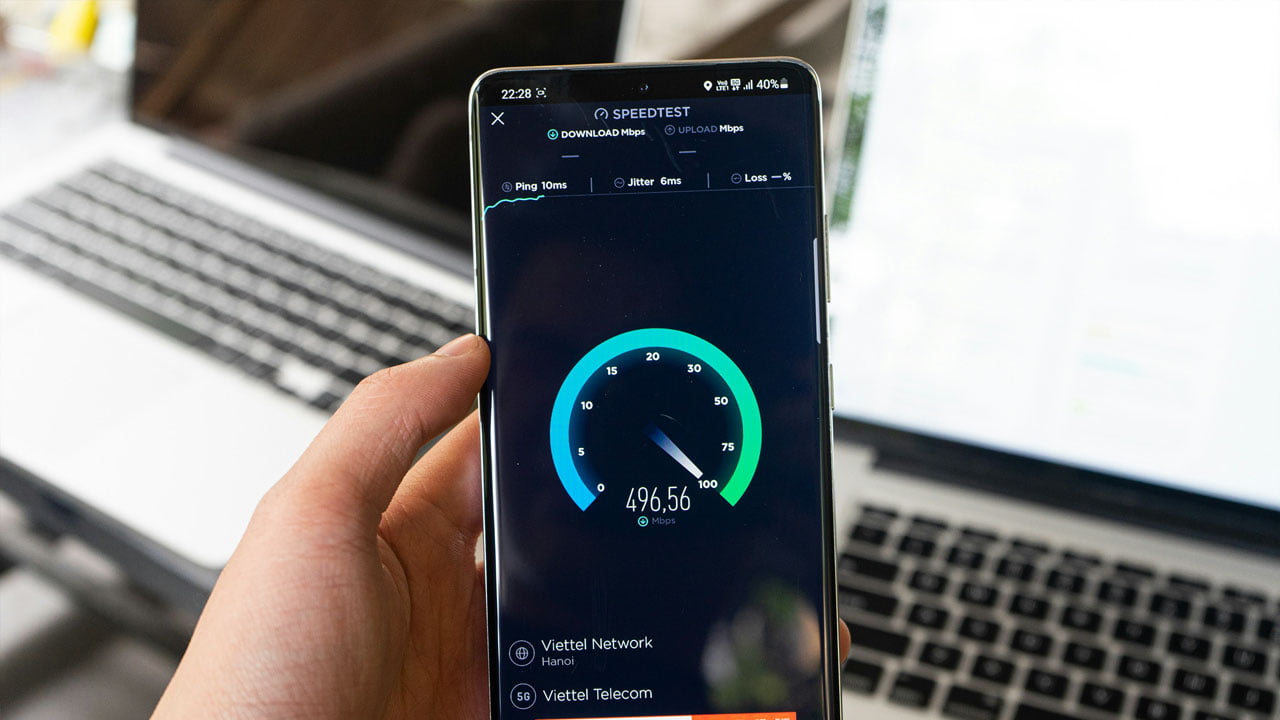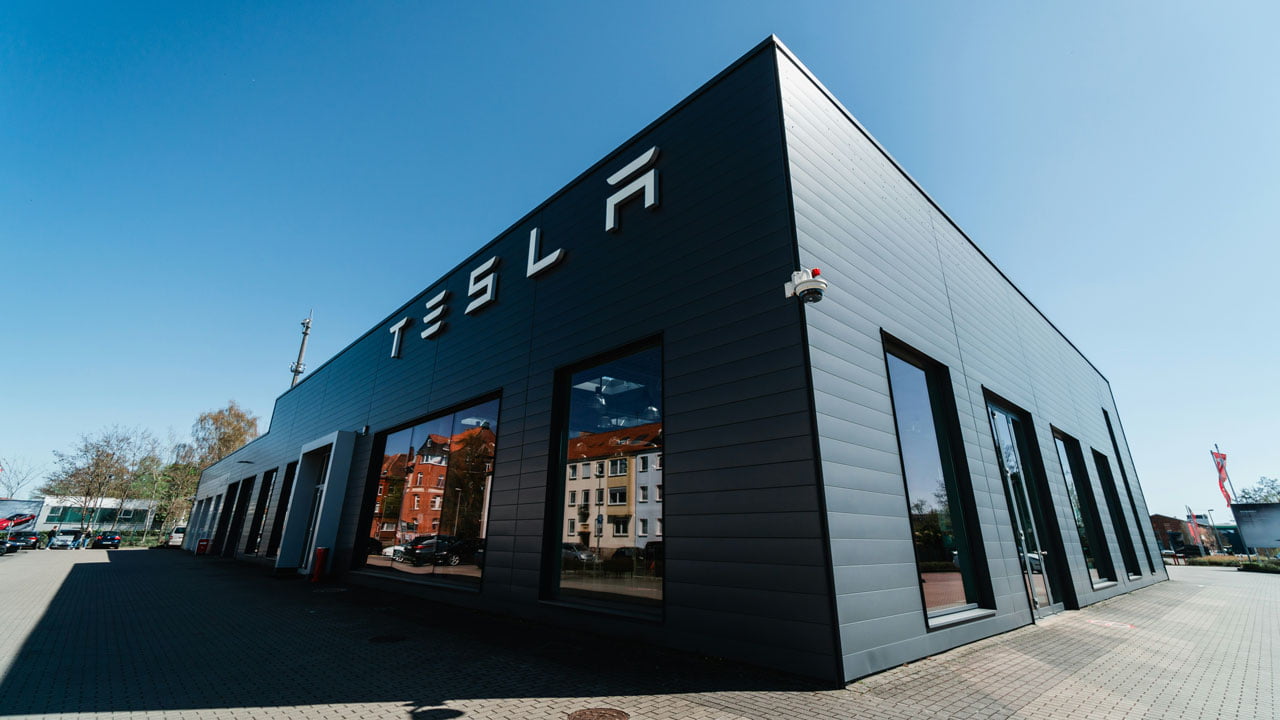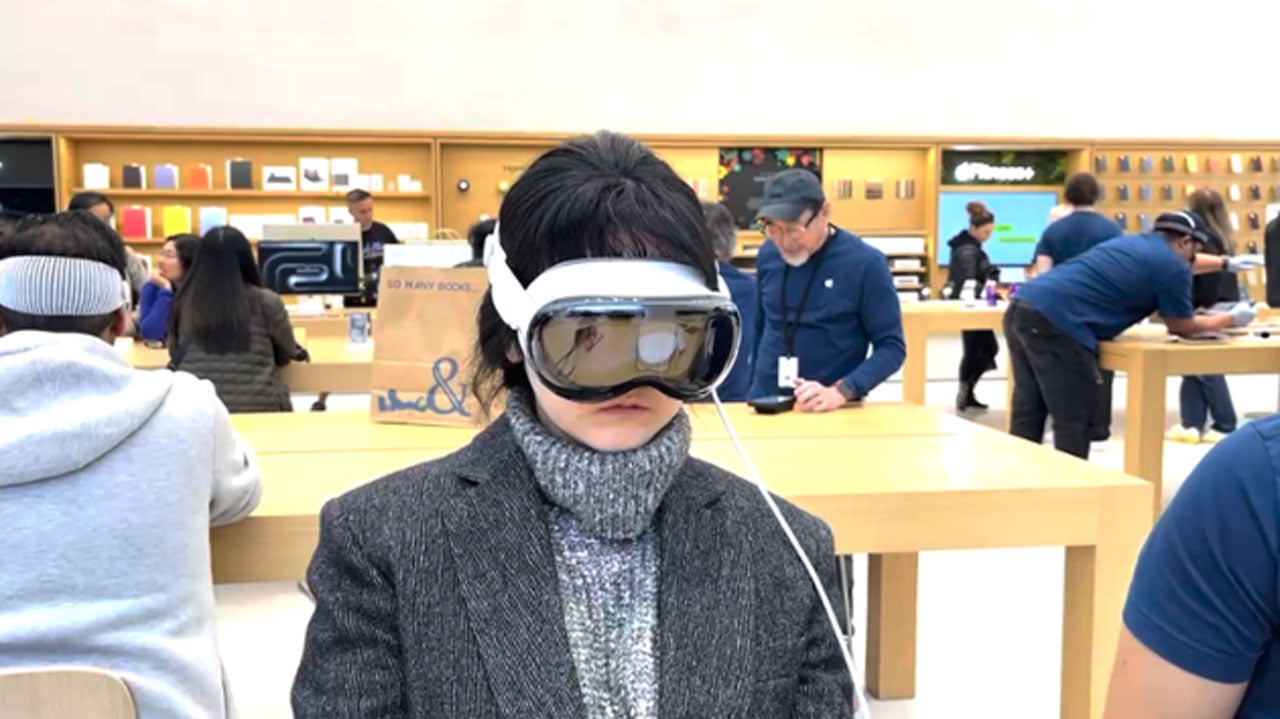Copyright Battle in The AI Era : ChatGPT Faces ‘Lawsuit of The Century’ One After Another

GPT, a generative artificial intelligence (AI) chat that collects a vast amount of human-created works such as news articles and novels, is facing a series of lawsuits amid controversy over copyright infringement.
This lawsuit, filed by leading media outlets and famous authors against ChatGPT developer Open AI and Microsoft (MS), is expected to be the lawsuit of the century that will determine the future of AI-based products.
According to the Associated Press on the 9th (local time), three copyright infringement lawsuits have been filed in federal court in New York, USA, regarding the Chat GPT chatbot, which uses existing publications for learning.
First, 17 best-selling authors, including George RR Martin and John Grisham, the original authors of the drama ‘Game of Thrones,’ filed a class action lawsuit in September last year. They claim that Microsoft and Open AI used their creative works without permission in the process of training the GPT language model.
Eleven nonfiction authors, including Pulitzer Prize winners Taylor Branch and Stacey Schiff, and Kai Bird, co-author of “American Prometheus,” the filmed biography of physicist Robert Oppenheimer, also joined the lawsuit last year.
The New York Times (NYT), an American daily newspaper, filed a lawsuit in December last year, claiming that millions of articles it published were used to train automated chatbots and that it suffered billions of dollars in damages due to such unauthorized copying and use.
The NYT claimed that AI chatbots such as Microsoft’s ‘Co-Pilot’ are stealing web traffic from media outlets that rely on advertising revenue to produce articles and that chatbots are providing the company’s articles word for word.
Justin Nelson, an attorney representing nonfiction authors in lawsuits, said the claims in each suit are slightly different, but all focus on the fact that San Francisco-based Open AI “built a product based on someone else’s intellectual property.” He added, “OpenAI argues that once it’s posted on the Internet, it can free ride on other people’s intellectual property.”
See More:
Chinese Version Of Starlink’ To Launch 26,000 Aircraft Over 10 Years




Leave a Comment